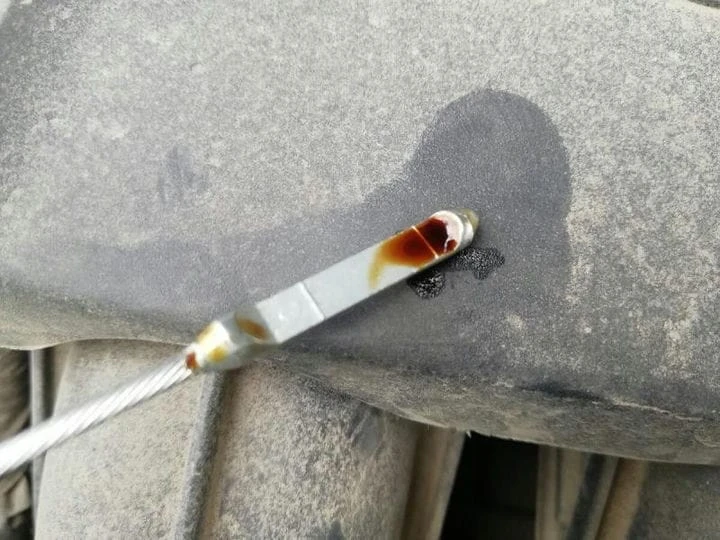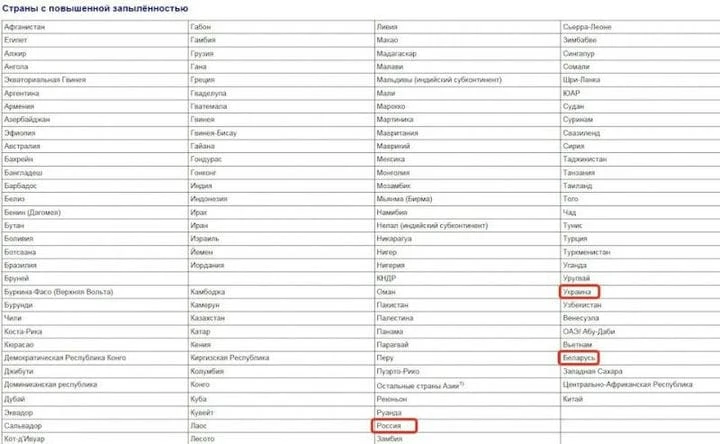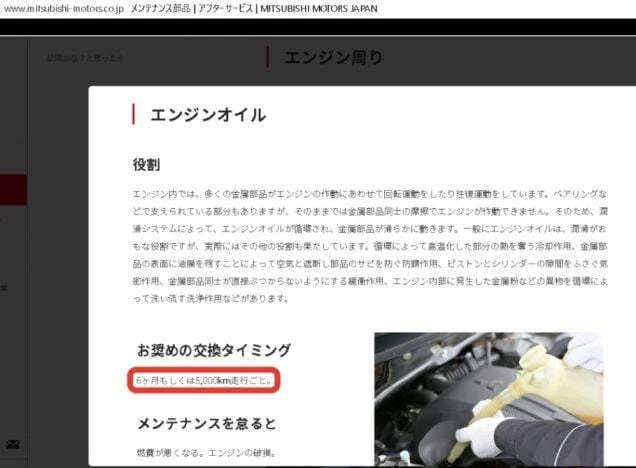How often to change engine oil? How the Japanese do it on their cars
How often do you change the oil in your car? Most likely as recommended by the manufacturer. And as he recommends. Europeans and Koreans, as a rule, once every 15,000 km [it used to be once every 20,000 km], and the Japanese – once every 10,000 km. But that's what we've been doing lately. And how do they make themselves in Japan?
Here is an example of an original Toyota engine plate with a naturally aspirated engine.
As you can see, the manufacturer prescribes to change the oil every 15,000 km (or once a year). And in severe conditions [the number in square brackets] once every 7500 km (or once every six months, whichever comes first).
And what are these difficult conditions? Based on excerpts from manufacturers' websites (both Toyota and Volkswagen agree on this), harsh conditions are short trips (less than 5 miles), frequent cold starts, operation in regions with extremely low temperatures, frequent operation with a full load, roof box or trailer, dusty roads, intensive use (e.g. taxi, delivery, patrol car), frequent long idling (traffic jams, long warm-up, again taxis and patrol cars), dusty roads, use of diesel fuel with a high sulfur content.
If you think about it, our country is all about harsh operating conditions. That is why Toyota reduces the oil change and service interval to 10,000 km. However, we rarely hear or see a mention of cutting oil change intervals in half in heavy use. Although the rules are the same. That is, in a good way, most of many drivers are recommended to change the oil every 5000 km.
By the way, here is an excerpt from ELSA (a kind of guide for Volkswagen dealers). The list of countries with dusty roads includes Our country, Ukraine, Belarus, Kazakhstan and many other countries. Don't believe? Leave the car at the entrance for at least a week and you will see what a layer of dust is on it.
And now, attention! For turbocharged engines, Toyota has a completely different regulation: 5000 or once a year under normal conditions and once every 2500 km or once every six months under severe operating conditions.
Just guess. If you follow the current instructions, then for 150,000 km the oil in the turbo engine of a VW will be changed 10 times, and if you follow the Japanese instructions, then 30 times. There is a difference? Obviously. in which case the motor and turbine will last longer? What is the secret of Toyota's reliability? True, including the frequency of service.
And one more interesting moment. It is recommended to change the oil filter not every time you change the oil, but every other time.
With diesel engines, everything is the same, only our country, in addition to all of the above, also belongs to a country with diesel fuel in which there is a high sulfur content. You can check on all the same ELSA.
Nissan in Japan also has a division into naturally aspirated and turbo engines. The regulations are the same as those of Toyota: once every 10,000 km or once a year for atmospherics and once every 5,000 km for turbo engines under normal conditions. And in difficult conditions twice as often!
Honda. Once every 15,000 km for naturally aspirated engines and once every 7,500 km in severe conditions. But this regulation with the proviso that high-quality engine oil will be used. If the oil is ordinary, then every 10 and 5 thousand kilometers, respectively.
Turbo engines are again subject to higher oil change requirements. Once every 5000 km or once every six months, regardless of operating conditions.
Subaru has it easier. It is allowed to change the oil every 10,000 km or once a year, but the footnote says that it is better to reduce the interval to 5,000 km and every six months for all types of motors.
Mitsubishi in Japan clearly talks about oil changes every 5000 km or every six months, whichever comes first, without variations with engine types and operating conditions. The oil filter should be changed every 10,000 km. There are no interservice runs of 15,000 km, as the Japanese have recently had.
What are the conclusions?
First, it's clear that marketers have been running the show lately. The less frequent oil changes and maintenance, the lower the operating costs. And this is exactly what buyers need, since Russian laws are too soft and allow you not to tell the truth, as in Japan.
Or does someone think that Japan has harsher operating conditions? Or maybe the oils for the Japanese market are of some poor quality [if you really think so, then no, the oils there are the same as all over the world]. And all this against the background of the fact that Japan is very environmentally aware and, in theory, it would be recommended to change the oil less often so that there is less pollution.
Secondly, it is obvious that it is necessary to reduce the oil change interval by half under severe operating conditions. And recently, the vast majority of cars either stand in traffic jams, or drive short distances, or idle for a long time, or often start up in the cold, and so on. And this is not to mention the dust on the roads and sulfur in diesel fuel.
Thirdly, turbo engines need more frequent maintenance. This is by the way why Toyota engines run longer than VAG ones and why, in general, the engine resource has decreased with the advent of downsizing in our lives. Not only for that, of course, but for that reason too.



